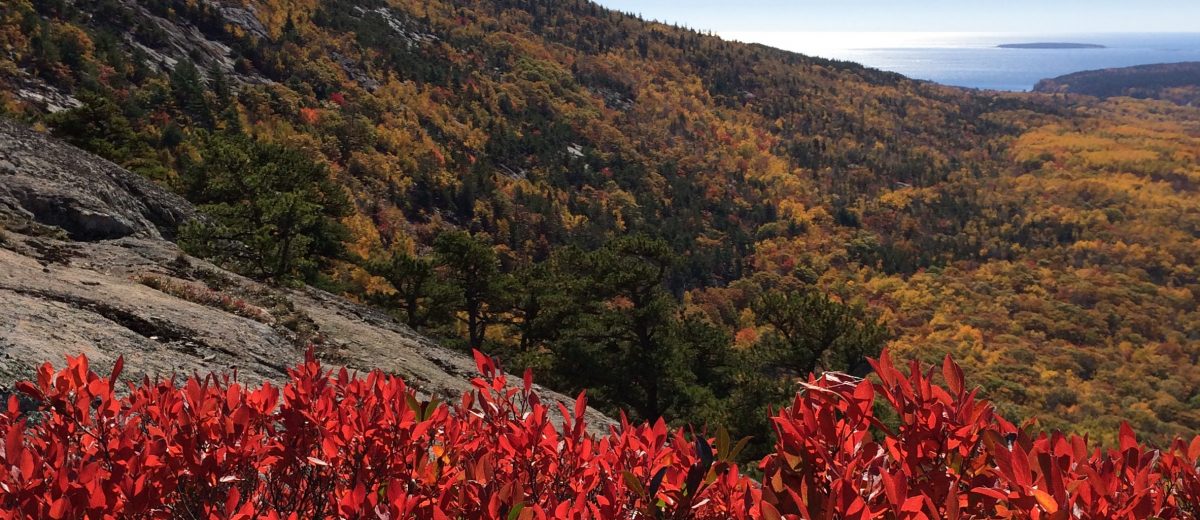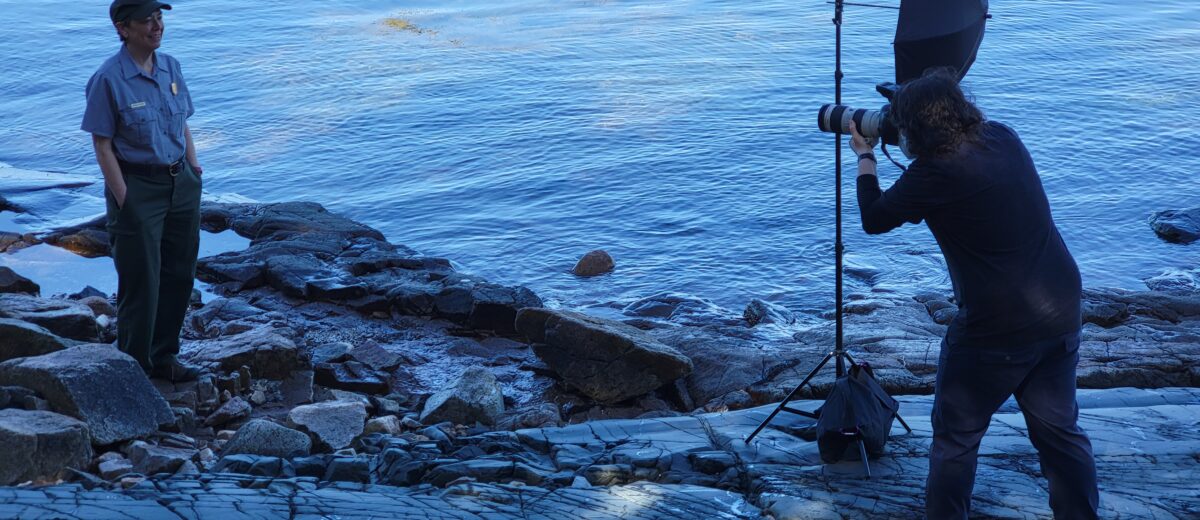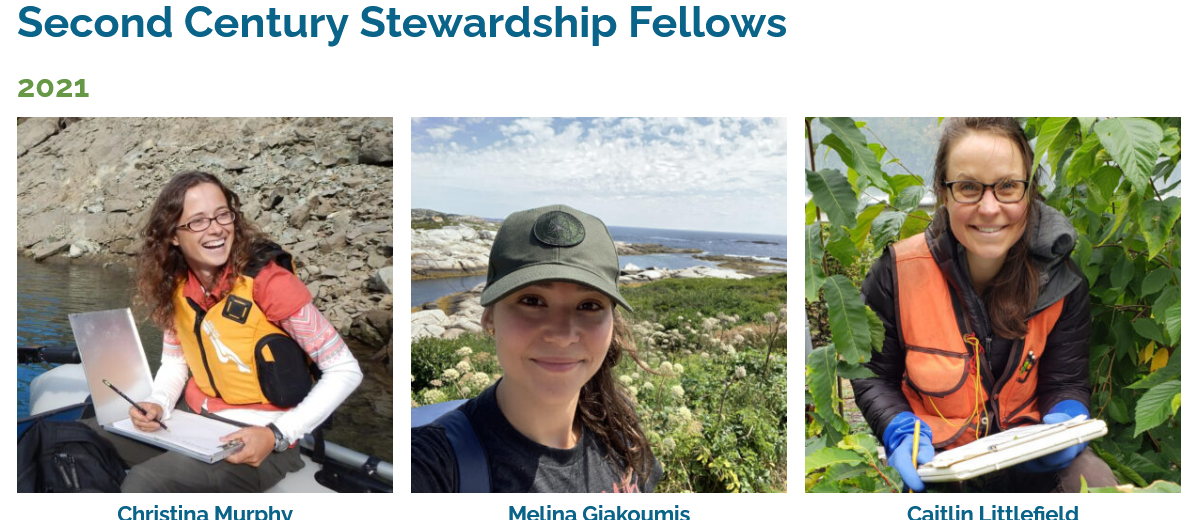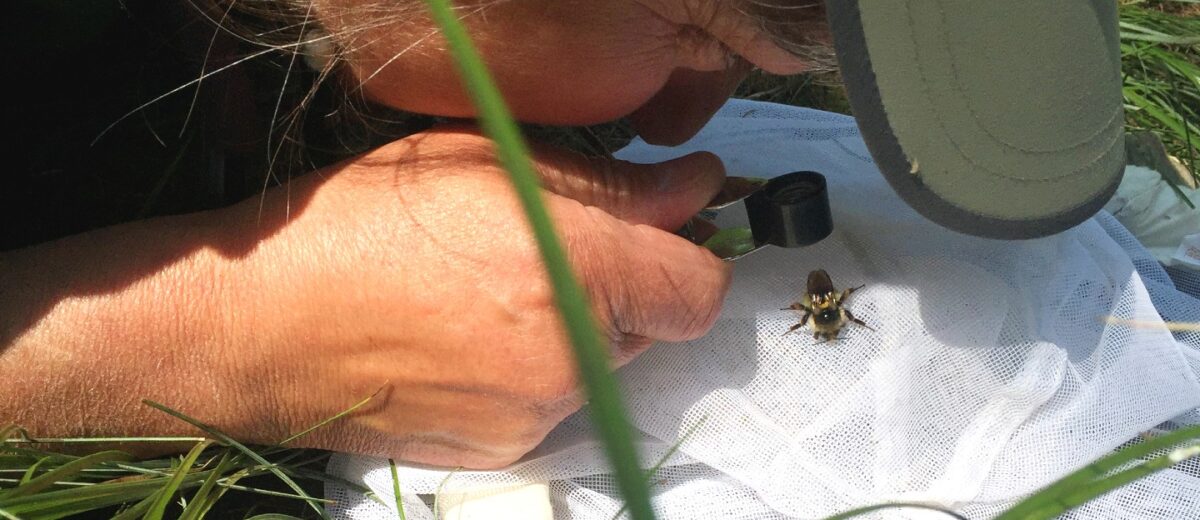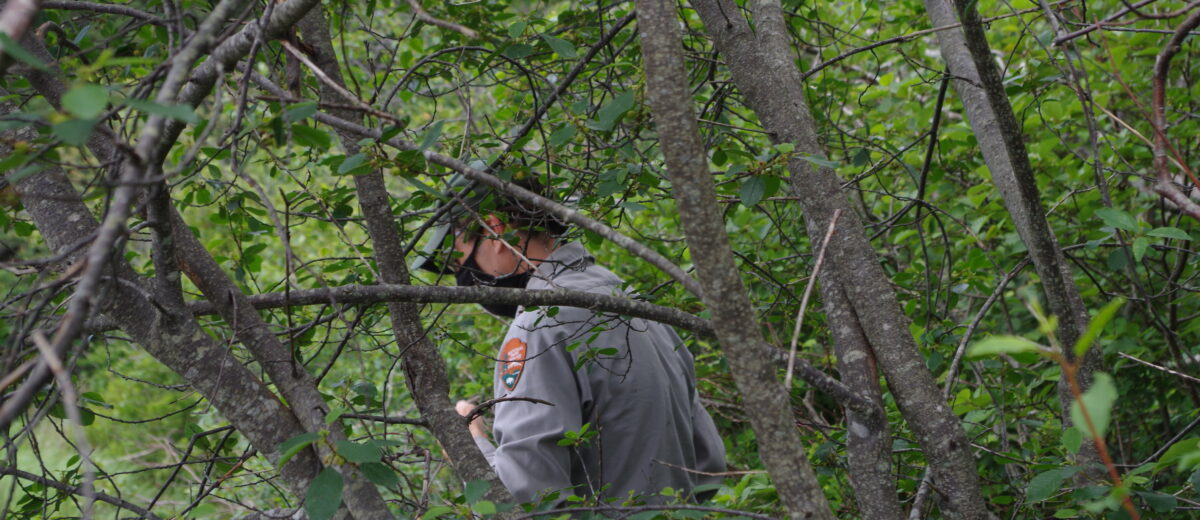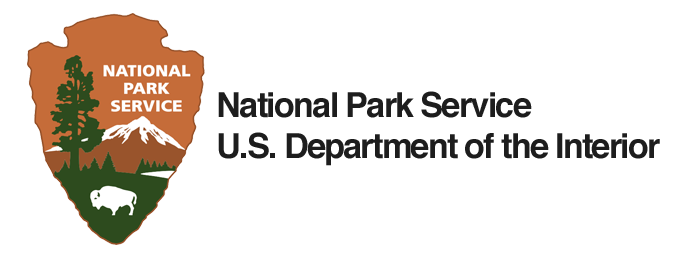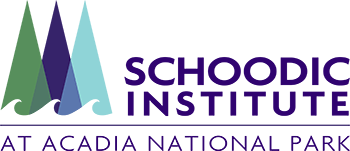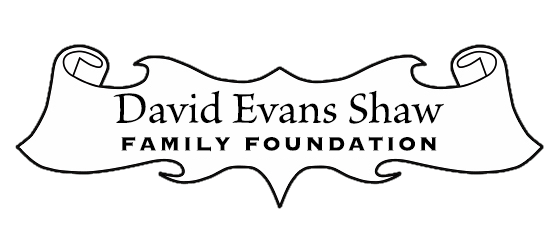Second Century Stewardship fellow Dr. Stephanie Spera of the University of Richmond, who is studying changes in fall foliage season in Acadia National Park, has been quoted in two recent news articles. From The Washington Post: “We actually were able to piece together, from the 1950s to now, peak foliage is occurring a full week […]
